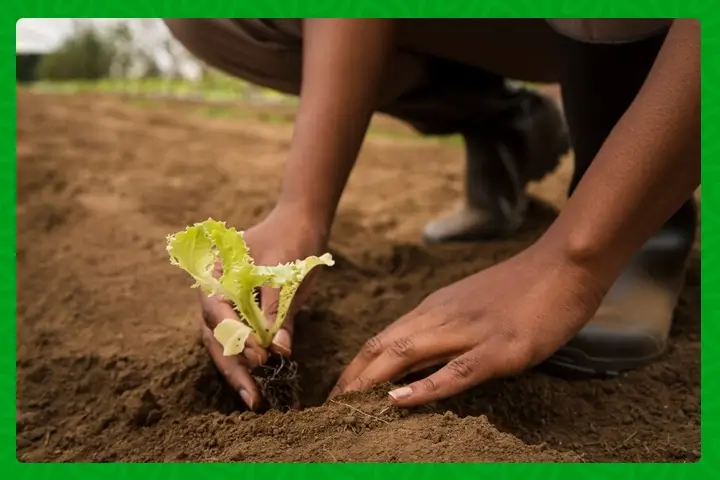
Written by Anil M V, 24 years experience, {Bsc. Agric, MBA, CTP} Founder, Organil Services
Africa, often labeled as the cradle of civilization, is increasingly recognized as the next frontier in agricultural production. Despite its challenges, the continent boasts a rich tapestry of natural resources, diverse climates, and untapped potential. In recent years, Africa has been steadily climbing the ranks to claim its position as a global agricultural powerhouse. In this article, we delve into the factors driving Africa’s ascent to the top of agricultural production rankings.
1. Abundant Natural Resources:
Africa is blessed with an abundance of natural resources, including fertile soils, ample water resources, and favorable climates. These factors provide a solid foundation for agricultural activities across the continent. From the lush rainforests of Central Africa to the vast savannas of East Africa, each region offers unique agricultural opportunities suited to various crops and livestock.
2. Agricultural Diversity:
The diversity of Africa’s ecosystems allows for the cultivation of a wide range of crops and the rearing of diverse livestock species. This diversity not only enhances food security but also contributes to the continent’s export potential. From staple crops like maize, rice, and cassava to cash crops such as coffee, cocoa, and tea, African agriculture caters to both domestic and international markets.
3. Smallholder Farming Traditions:
Smallholder farmers form the backbone of Africa’s agricultural sector, contributing significantly to food production and rural livelihoods. Despite facing numerous challenges, including limited access to resources and market constraints, smallholder farmers exhibit remarkable resilience and innovation. Their intimate knowledge of local ecosystems and traditional farming practices is invaluable in sustaining agricultural productivity across generations.
4. Emerging Technologies and Innovations:
The adoption of modern agricultural technologies and innovations is transforming Africa’s agricultural landscape. From precision farming techniques and mechanization to digital platforms and remote sensing technologies, African farmers are embracing innovative solutions to enhance productivity, optimize resource use, and mitigate climate risks. Initiatives such as mobile-based extension services and digital market platforms are empowering farmers with timely information and access to markets, driving efficiency and profitability.
5. Strategic Investments and Partnerships:
Governments, international organizations, and private sector entities are increasingly recognizing the importance of investing in Africa’s agricultural development. Strategic investments in infrastructure, research and development, and value chain development are critical to unlocking the continent’s agricultural potential. Partnerships between governments, NGOs, research institutions, and agribusinesses are fostering collaboration, knowledge sharing, and technology transfer, driving sustainable agricultural growth.
6. Climate Resilience and Adaptation:
Africa is particularly vulnerable to the impacts of climate change, including droughts, floods, and shifting weather patterns. However, African farmers are increasingly adopting climate-smart agricultural practices to build resilience and adapt to changing conditions. Agroforestry, conservation agriculture, and water harvesting techniques are among the strategies employed to mitigate climate risks and ensure food security in the face of uncertainty.
Africa’s ascent to the top of agricultural production rankings is a testament to the continent’s resilience, ingenuity, and potential. By harnessing its abundant natural resources, embracing technological innovations, and fostering strategic partnerships, Africa is poised to lead the way in shaping the future of global agriculture. However, realizing this potential requires sustained commitment, investment, and collaboration from all stakeholders. With the right policies, investments, and support systems in place, Africa can continue to thrive as a beacon of agricultural excellence on the global stage.


















